Science in the media
-
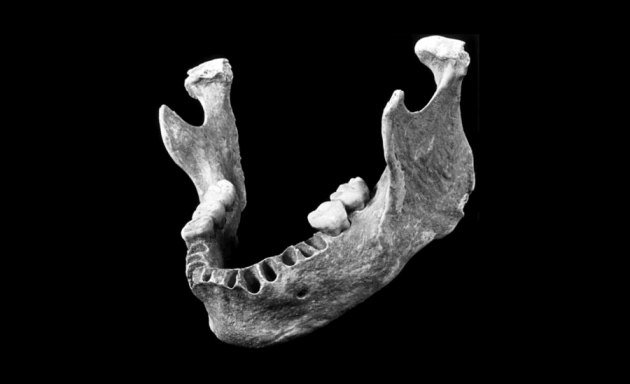
Early European may have had Neanderthal great-great-grandparent
Genome of 40,000-year-old jaw from Romania suggests humans interbred with Neanderthals in Europe.
-

Cuando los algoritmos crean recuerdos que no existen
El cerebro modifica continuamente los recuerdos en función de las experiencias presentes, un comportamiento que ahora imita la inteligencia artificial. Pasado, presente y futuro tienen otro sentido.
-
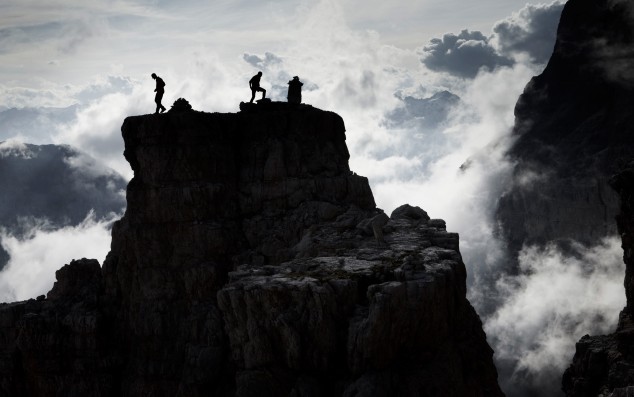
A higher plane
For centuries, altitude sickness thwarted our attempts to reach sacred heights. What mysterious force repelled us?
-
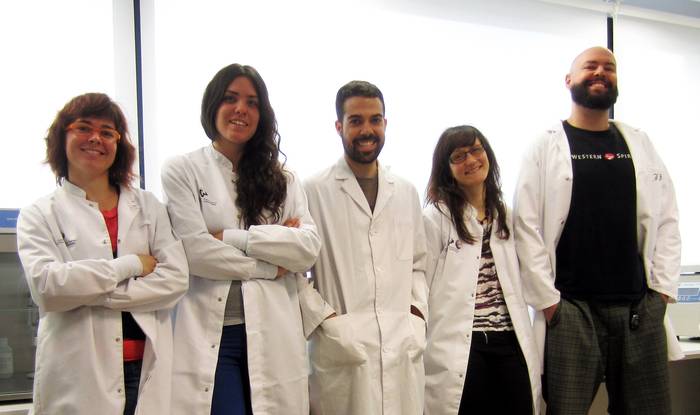
Epilepsiak neurona berrien sorkuntza murrizten du
Epilepsiak neurona berriak sortzea oztopatzen duela frogatu dute Achucarro neurozientzien ikerketarako euskal ikerketa-zentroko ikertzaileek. Saguetan ikusi dute, epilepsiak eragiten duen hiperaktibitate neuronalaren ondorioz, hipokanpoko zelula ama neuralek neurona berriak sortzeari […]
-
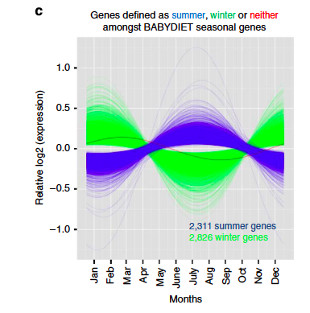
Seasonal Genes
Gene expression varies not only during the day but also throughout the year, a study shows.
-
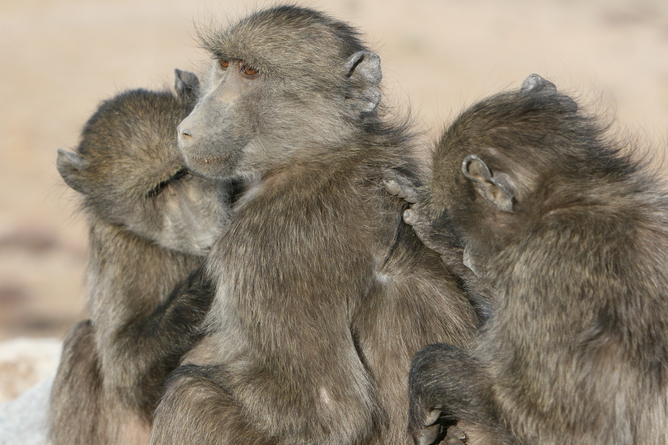
Here’s what baboons can teach us about social media
“Birds of a feather flock together” is a saying that exists in a number of different languages. “Gambá cheira gambá” (opossums smell other opossums) in Brazilian Portuguese is a particularly […]
-

Simulaciones de ‘El Gordo’ plantean nuevas teorías sobre la materia oscura
El mayor cúmulo de galaxias conocido, denominado ‘El Gordo’, ha servido de base para la simulación de colisiones efectuada por dos investigadores de las universidades del País Vasco y la […]
-
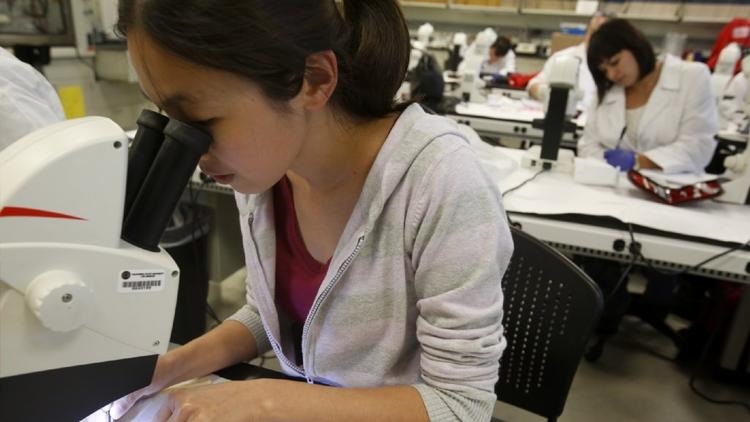
Paging ‘CSI’: Microbiome analysis may be the new fingerprint
In forensic science, fingerprints and DNA are beginning to look old-school. To catch perpetrators (or exonerate the innocent), future sleuths may find themselves collecting and comparing entire colonies of microorganisms and […]
-
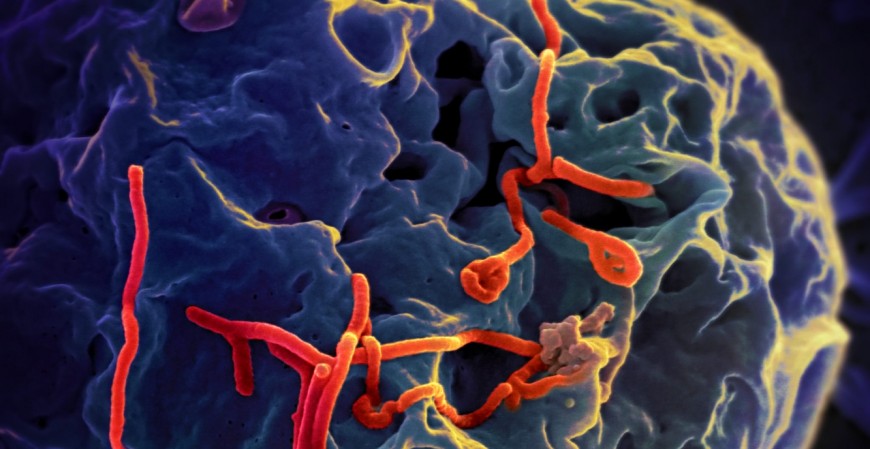
Centinelas planetarios: cómo impedir que se contamine el Sistema Solar
Los equipos de protección planetaria intentan evitar que nuestras naves contaminen accidentalmente otros planetas y que obtengamos falsos positivos en la búsqueda de vida. En misiones como ExoMars, de la […]
